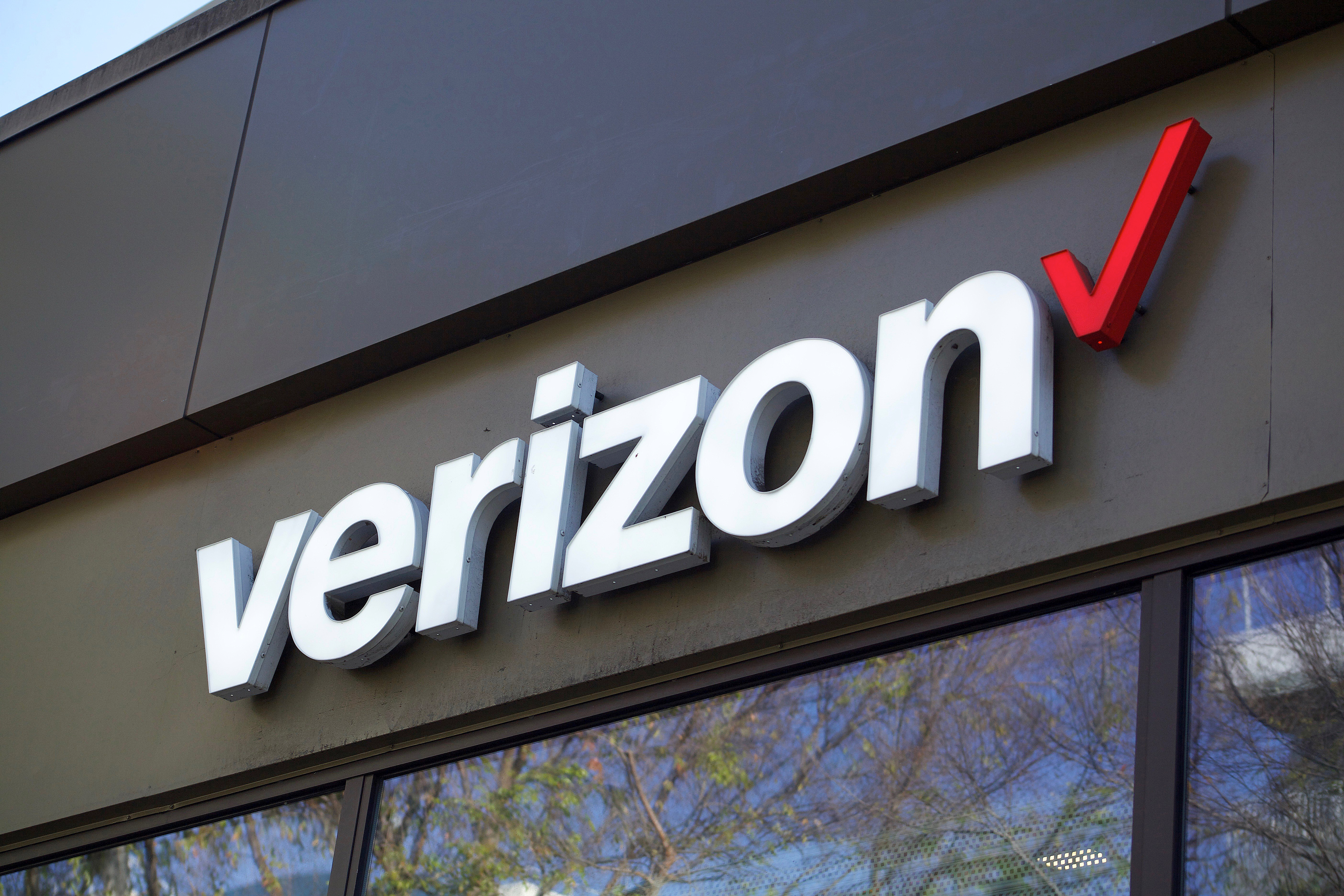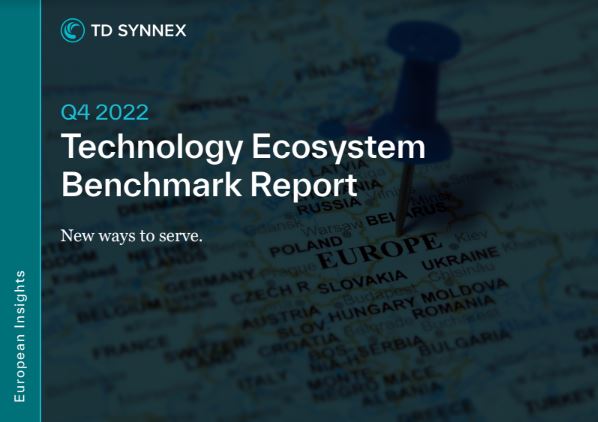Verizon ends 3G support in US, finalises nationwide shutdown
The telco has urged the small number of its business customers still relying on the legacy network to upgrade to 4G or 5G devices


Verizon has officially decommissioned its 3G code-division multiple access (CDMA) networks, becoming the last major US telco to do so.
Verizon announced that as of 31 December 2022, its 3G CDMA network was no longer functional, in line with moves made by other US mobile network operators (MNOs) such as AT&T which ended its 3G support in February 2022.
The move essentially ends 3G access across the country. A single smaller operator, UScellular, originally committed to shutting its network down without a specified timeframe but later clarified that it also ended its 3G service on New Year's Eve.
Businesses using devices only capable of accessing 3G networks, such as older models of mobile phones, tablets, or diagnostic machinery will no longer have network access. This applies even to emergency calls, and numbers registered to accounts that have not migrated to more advanced networks by February will be disconnected.
Many businesses that still use 3G devices have worked with Verizon to create migration plans that will enable them to quickly switch to 4G and 5G-capable equipment.
Plans had been in place since 2016 to wind down the network, and Verizon notified customers about the change well in advance. As a result, the company reports that less than 1% of its customers still access the 3G network.
Network shutdowns of this kind, referred to as the ‘sunset’ by MNOs, have been planned by MNOs for a long time. Sunsets have allowed MNOs to focus on advanced network services such as 5G, cut maintenance costs for older networks, and to reuse frequencies previously reserved for 2G and 3G services.
Get the ITPro daily newsletter
Sign up today and you will receive a free copy of our Future Focus 2025 report - the leading guidance on AI, cybersecurity and other IT challenges as per 700+ senior executives
“Initially, we announced we would close down our 3G network in 2019,” stated the telecoms giant in a blog post.
“However, we extended our shut off date to the end of 2022 in order to care for our customers and give them every effort to minimise disruptions to their service as they moved to newer and more advanced technologies.
Winners of £28 million fund for Open RAN tech announced by UK government What is 6G and how far are we from rollout? Preparing for the 3G sunset: What your business should expect
“That outreach included proactively communicating through billing messages, digital and traditional outreach and even sending some customers updated devices proactively.”
2G has already been discontinued by the major US MNOs. AT&T ended support for its own 2G network in 2017, Verizon 2G was phased out in 2020, and T-Mobile started its own 2G sunset in December 2022.
3G services around the world
For services in the UK, Ofcom has published an outline for shutting down 3G services, including the provisionary dates that each UK MNO is aiming to cease their individual services. Vodafone is aiming to sunset all 3G services in the country by the end of 2023, while EE and Three are targeting early and late 2024 respectively.
RELATED RESOURCE

In December 2021 the UK government confirmed that UK MNOs will cease 2G services by 2033 at the latest, though it is likely that some will choose to shut down 2G networks prior to this absolute deadline.
Network availability across the EU is a mixed picture, with some countries ahead of the US and UK on sunset targets. Germany, Italy, and the Netherlands have all discontinued 3G access, and regulatory intelligence provider Cullen International has claimed MNOs in 22 EU countries plan to, or have already, switched off their legacy networks.
Many EU countries are aiming for a 2025 shutdown of 2G services, which could impact internet of things (IoT) devices that currently rely on the technology to send and receive data such as first-generation smart meters.
India’s Airtel sunset 3G in 2020, and plans to do the same for its 2G network by the end of 2023. Japan sunset 2G as far back as 2012, though is only aiming to discontinue its 3G networks by 2026.

Rory Bathgate is Features and Multimedia Editor at ITPro, overseeing all in-depth content and case studies. He can also be found co-hosting the ITPro Podcast with Jane McCallion, swapping a keyboard for a microphone to discuss the latest learnings with thought leaders from across the tech sector.
In his free time, Rory enjoys photography, video editing, and good science fiction. After graduating from the University of Kent with a BA in English and American Literature, Rory undertook an MA in Eighteenth-Century Studies at King’s College London. He joined ITPro in 2022 as a graduate, following four years in student journalism. You can contact Rory at rory.bathgate@futurenet.com or on LinkedIn.
-
 Bigger salaries, more burnout: Is the CISO role in crisis?
Bigger salaries, more burnout: Is the CISO role in crisis?In-depth CISOs are more stressed than ever before – but why is this and what can be done?
By Kate O'Flaherty Published
-
 Cheap cyber crime kits can be bought on the dark web for less than $25
Cheap cyber crime kits can be bought on the dark web for less than $25News Research from NordVPN shows phishing kits are now widely available on the dark web and via messaging apps like Telegram, and are often selling for less than $25.
By Emma Woollacott Published